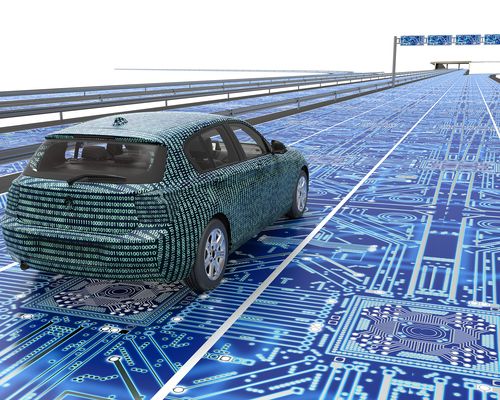EMPHYSIS project receives ITEA Award of Excellence
The ITEA research project EMPHYSIS delivered the new eFMI standard for model exchange, which accelerates the model-based development of embedded software. Today, this international collaborative project of 26 partners from Belgium, Canada, France, Germany, and Sweden received the ITEA Award of Excellence for this unique achievement. dSPACE was one of the initiators of the project and contributes its expertise in simulation and validation.
The ITEA project EMPHYSIS (Embedded Systems with Physical Models in the Production Code Software), led by Bosch, aimed to jointly establish a new, open standard that lays the foundation for the development of innovative tools which makes it possible to implement model-based functions directly in embedded software with better code and less effort. For this purpose, the project developed the Functional Mock-up Interface for embedded systems—the new ’eFMI standard’. The standard defines a wide variety of advanced model-based development methods for control and diagnostics functions, such as solving a set of differential equations to compute a signal instead of measuring it via a sensor. This allows developers to replace a hardware sensor with a piece of software, reducing the total cost of the product significantly.
dSPACE took active part in the EMPHYSIS project and significantly contributed to the specification and definition of the standard. Within the project, dSPACE developed additional functionalities for TargetLink, some of which are available open-source on GitHub for all interested future users of the eFMI standard. Customers will benefit from the smooth integration of physical models into software. “TargetLink closes the gap between physical modelling and software world. Therefore, we are continuing our effort in the new eFMI project within the Modelica association as a steering committee member,” says Sascha Ridder, Product Manager at dSPACE.
More information
Related projects
EMPHYSIS
EMPHYSIS – Embedded systems with physical models in the production code software


